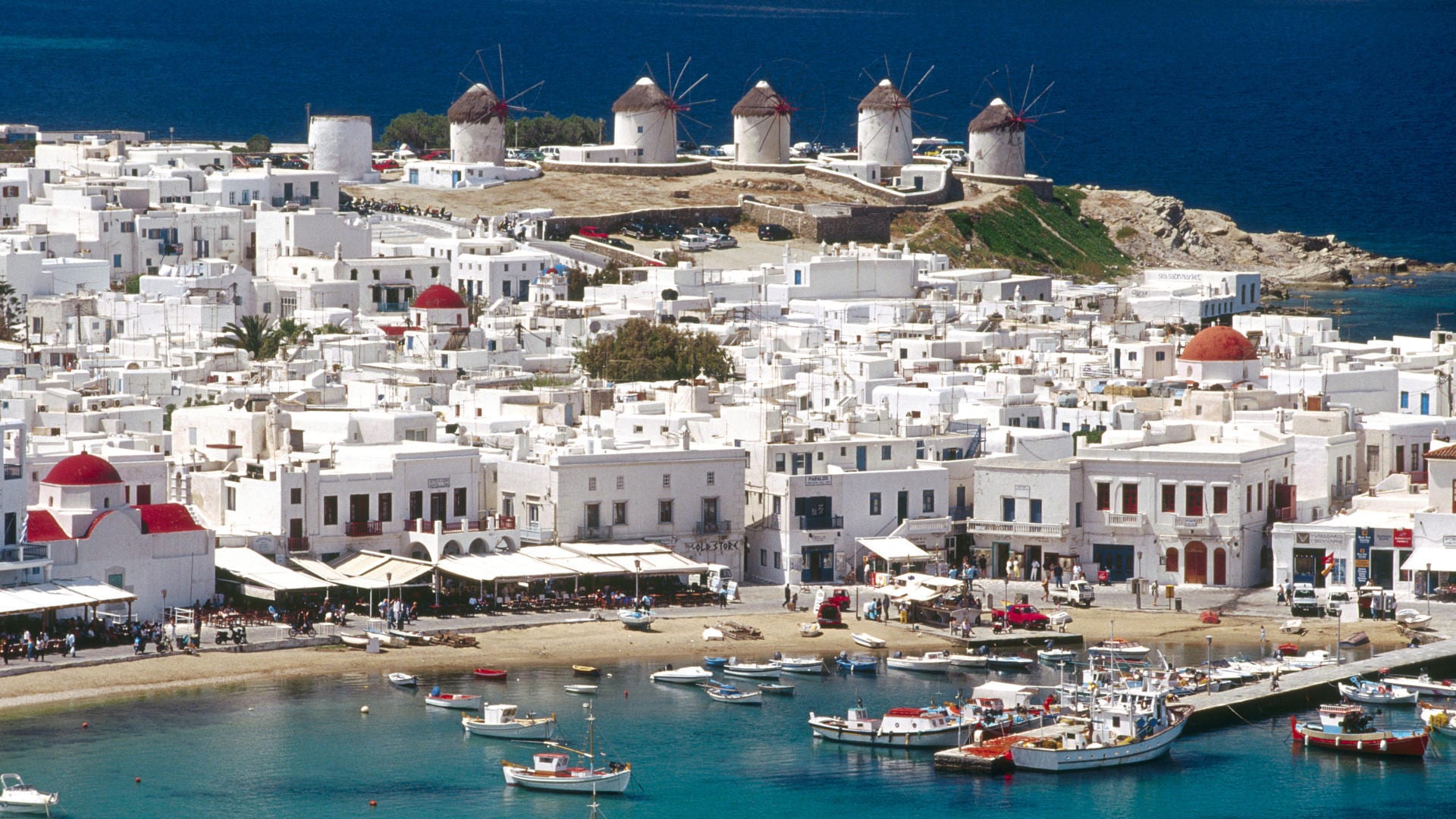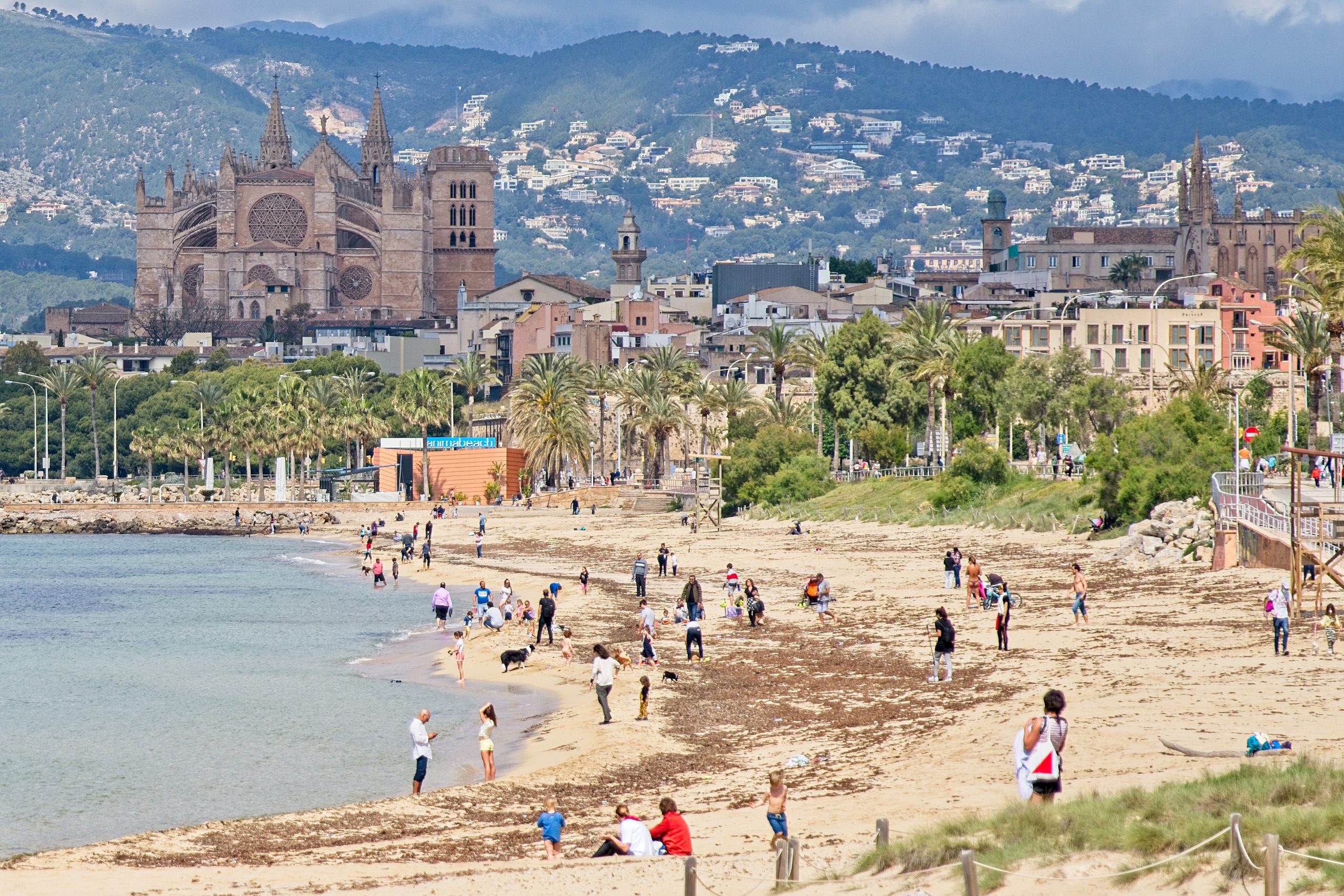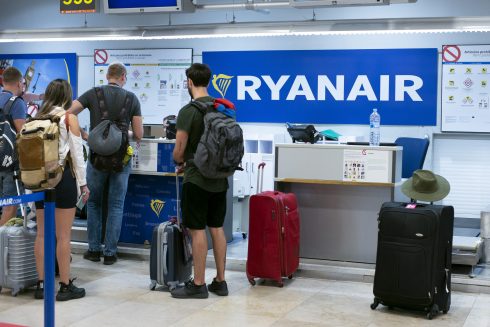FOR holiday destinations in the Mediterranean, one of the primary concerns in their battle against COVID-19 is how soon they can open back up to tourists.
As summer fast approaches, countries such as Spain are scrambling to save what they can of the season, with regions like Andalucia hoping to open beaches from May 25.
Even so, for now it will have to rely on domestic tourism, which, while growing, pales in comparison to the hordes of Brits and northern Europeans which visit each year.
Greece, however, which has recorded just 150 deaths, is looking at opening its doors to the world from July 1.

“The tourism experience this summer may be slightly different from what you’ve had in previous years,” prime minister Kyriakos Mitsotakis told CNN.
“Maybe no bars may be open, or no tight crowds, but you can still get a fantastic experience in Greece — provided that the global epidemic is on a downward path.”
What countries fear most is opening their doors to travellers carrying the virus and seeing a resurgence of COVID-19, but Greece is confident of its strict testing regime.
All international travellers arriving to Athens airport are screened for the virus.
While in the air, passengers are asked to complete a form, detailing their seat number and contact details, allowing authorities to carry out contact tracing in the event of a suspected outbreak.
But Mitsotakis told CNN he wants comprehensive an international testing protocol when it comes to air travel.
“I would assume that people will be tested before they get on a plane, not after they arrive here,” he told the US news service.
“They can only get on the plane with a negative test, or with a positive antibody test.”
He added that his country, if all goes to plan, will begin welcoming tourists by July 1.

The news could be salt in the wounds for Spain, its long-term rival in the travel market.
With more than 25,000 dead, the idea of opening up to international travellers in time for summer has rarely been at the forefront of discussions.
They are also likely to be extra cautious given that international air travel – mostly from Italy – brought the virus to Spain in the first place.
While the country is set to enter a ‘new normal’ by mid-June, there has not been much talk of when international travellers can return.
That may depend on how other countries, most importantly the UK, are handling their own coronavirus crises.
Although in the Balearic Islands, president Francina Armengol is pushing for the return of German tourists as soon as possible.
Armengol told Europa Press earlier this week that Germany was ‘essential’ to tourism in the likes of Mallorca and Ibiza, adding that she was working bi-laterally to make sure travel is recovered ‘as soon as possible.’
There is also the problem of the air travel industry itself and how difficult or expensive travelling may become, especially for those who have lost work or been furloughed.
For Greece, that means banking on ‘more high-end tourists.’
“Yachting, for example, where you have a fewer number of people who are on a boat, and then they go out to eat or buy provisions,” added Mitsotakis.
“Agrotourism, tourism in smaller hotels seems to me to be better suited for this new sort of post-pandemic world.”








